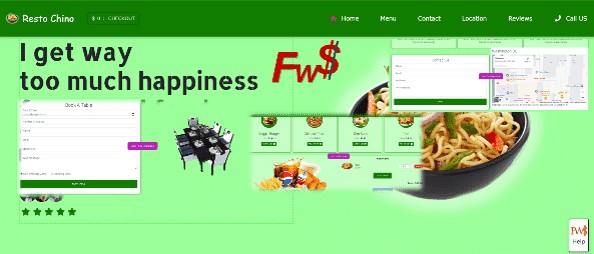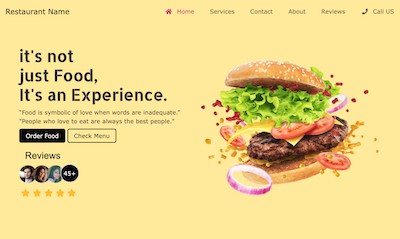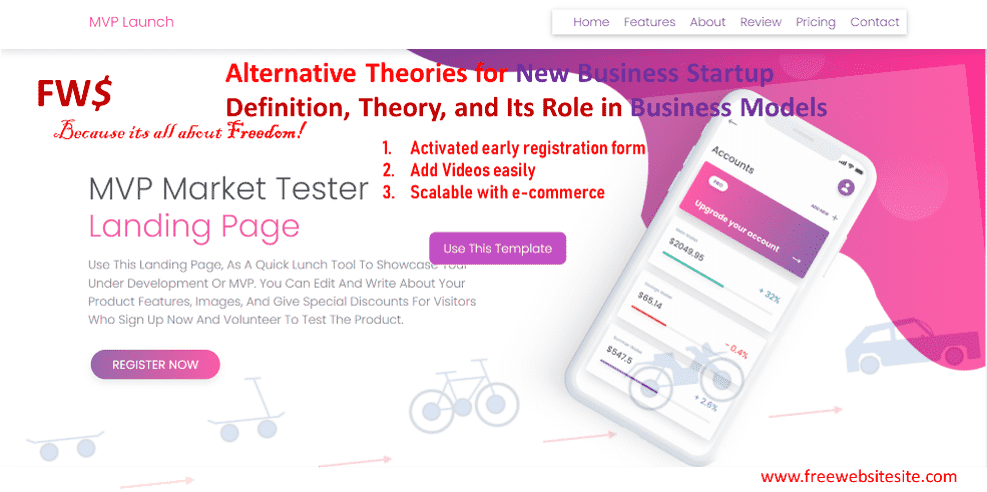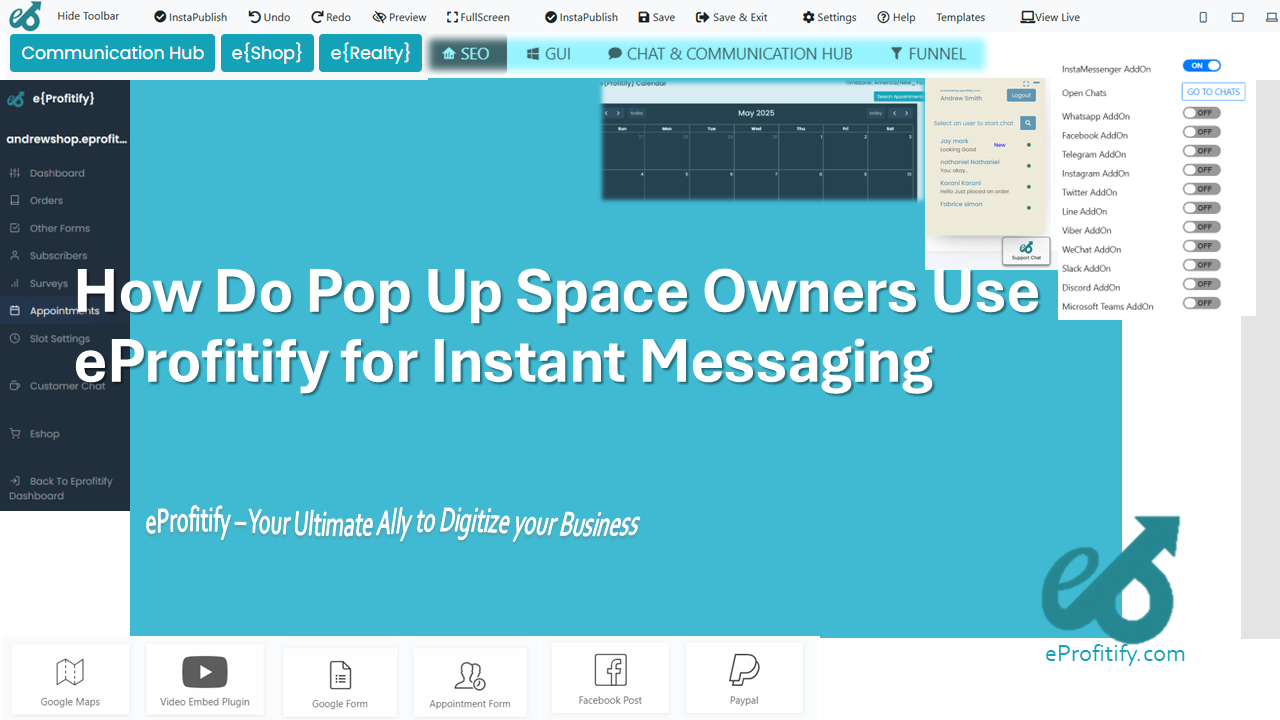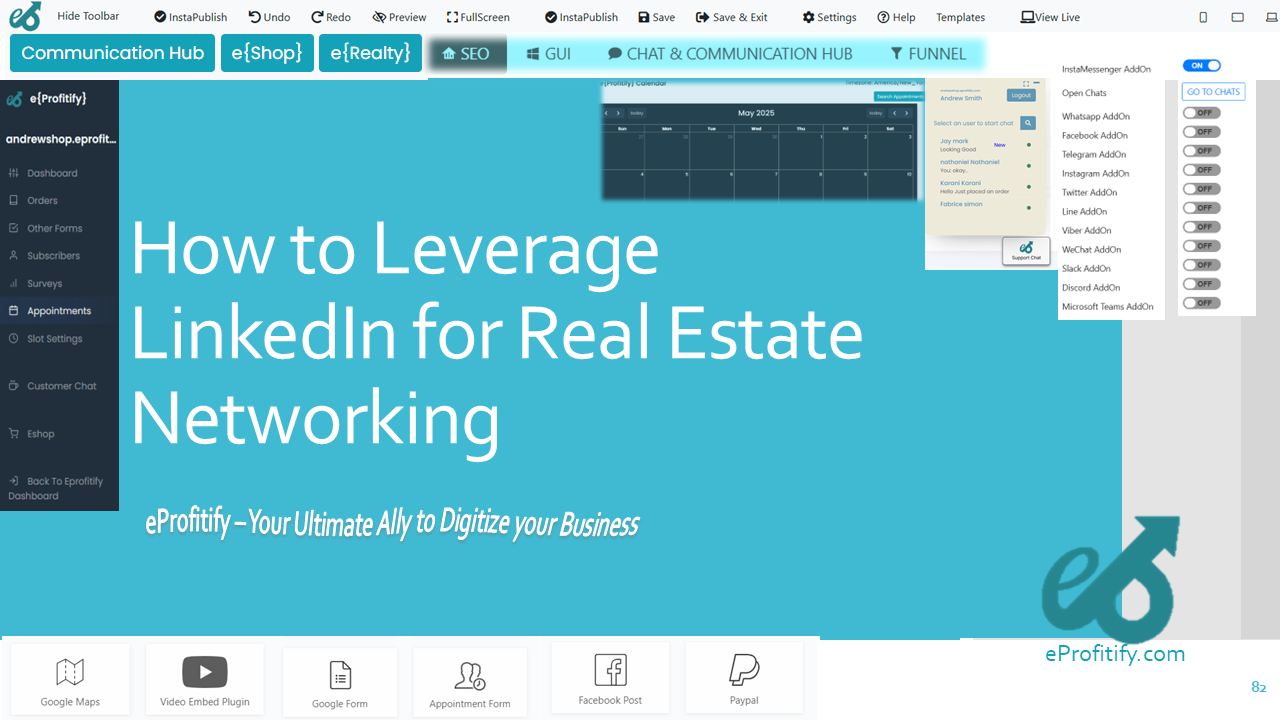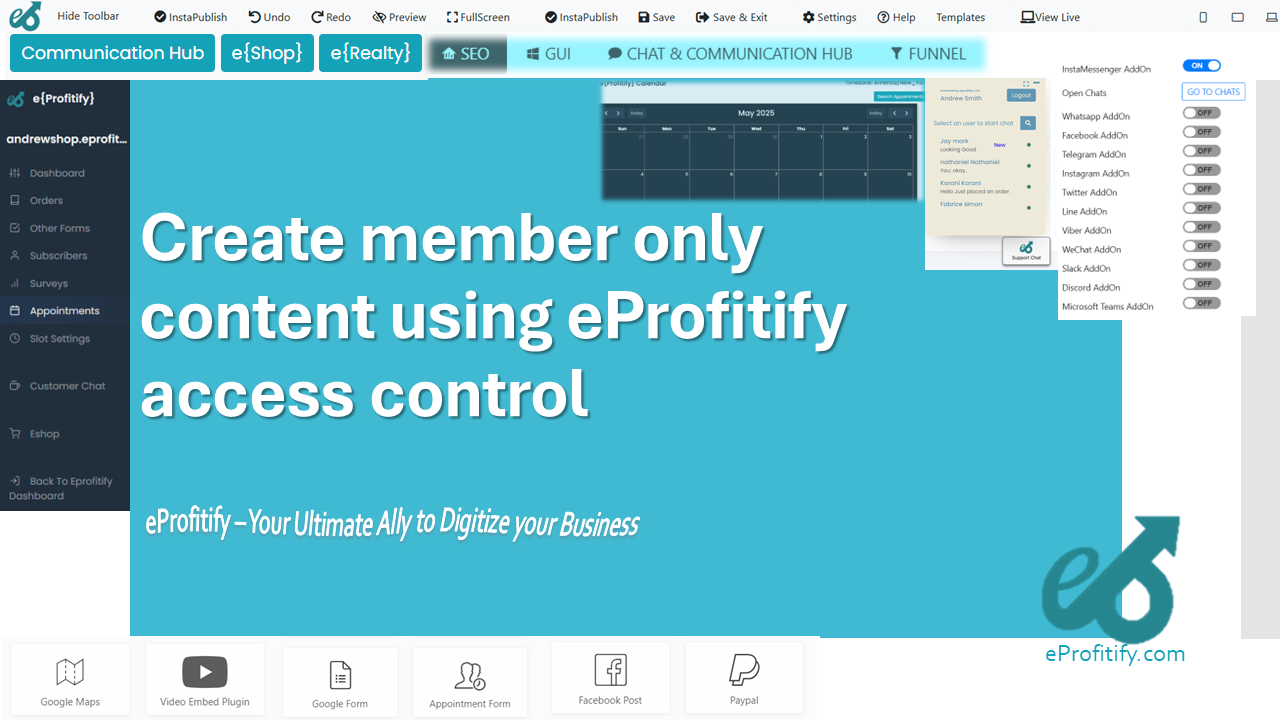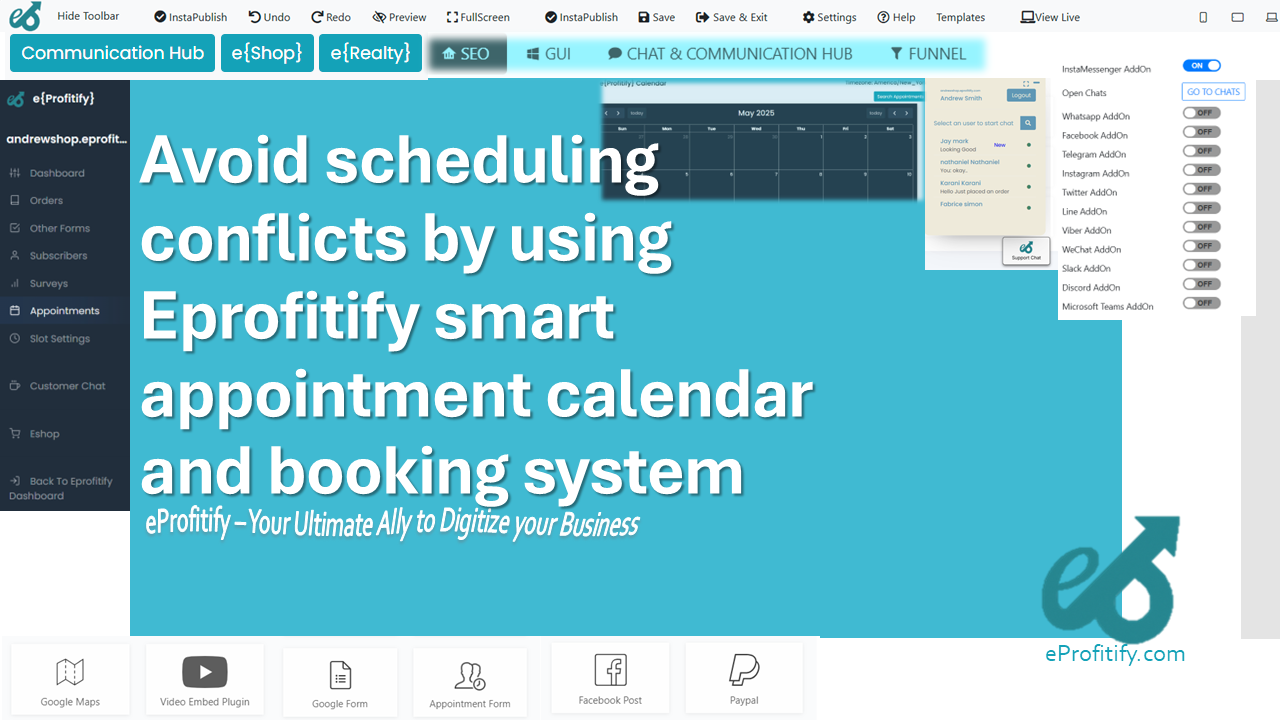How to Make Sure People Can Pronounce Your Business Name
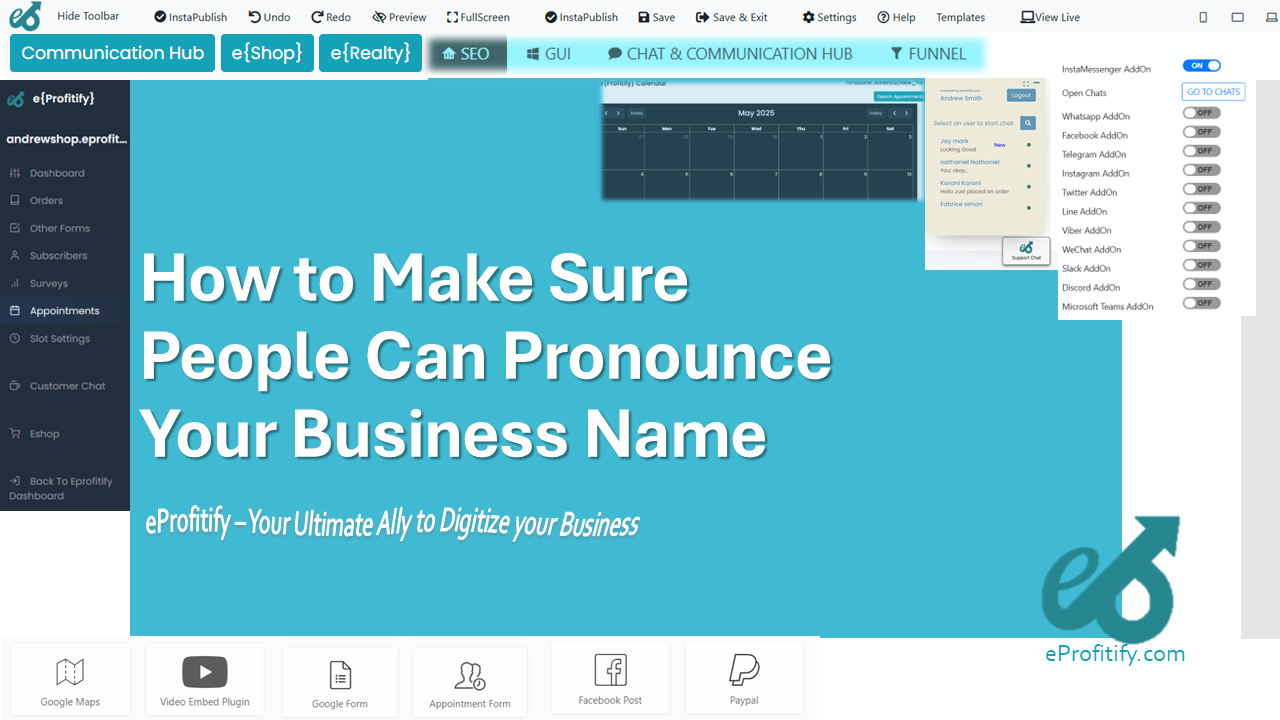
Schedule a LIVE Zoom call with an eProfitify Expert.
How to Ensure People Can Pronounce Your Business Name (And Why It Matters)
A business name is more than a label—it’s a critical component of brand identity, customer engagement, and marketability. Research shows that 77% of consumers prefer brands with simple, easy-to-pronounce names, according to a 2018 Nielsen study. Names that are difficult to articulate create barriers to word-of-mouth referrals, digital searches, and customer loyalty. For instance, a 2012 study in the Journal of Consumer Research found that companies with phonetically simple names experienced 64% higher customer retention rates. Conversely, a 2020 analysis in the Journal of Social Sciences revealed that 72% of consumers are more likely to recommend brands with names they can effortlessly say. These statistics underscore the necessity of prioritizing pronunciation clarity in your branding strategy. Below are actionable steps to ensure your business name resonates—and how tools like eProfitify can amplify your success once the name is established.
1. Prioritize Simplicity and Phonetic Clarity
Complex or unconventional spellings may seem distinctive, but they often confuse audiences. Consider “Kodak”—a fabricated term that’s short, phonetic, and globally recognizable. Avoid strings of consonants or unfamiliar letter combinations (e.g., “Xylopha”) that could trip up speakers. Tools like the International Phonetic Alphabet (IPA) or free online pronunciation guides can help assess simplicity. A 2019 Crowdspring survey found that 40% of businesses with hard-to-pronounce names spent significant resources clarifying their names to customers, highlighting the risks of overcomplication.
2. Test Across Demographics and Cultures
A name that works in one language or region might falter elsewhere. For example, Chevrolet’s “Nova” famously translated to “doesn’t go” in Spanish-speaking markets. Conduct focus groups with diverse participants to identify unintentional meanings or pronunciation hurdles. If targeting global audiences, verify linguistic compatibility using platforms like Langora or hire localization experts. Tools embedded in eProfitify, such as CRM analytics, can later help track regional engagement, ensuring your name resonates across markets.
3. Align with Brand Values and Industry Norms
While creativity is key, alignment with your industry ensures relevance. A fintech startup might opt for sturdy, trustworthy sounds (“Vault”), while a wellness brand could use softer vowels (“Sereni”). Analyze competitors’ names to avoid mimicry while maintaining familiarity. A 2021 Apptopia report showed apps with industry-aligned, pronounceable names had 33% higher user retention rates, as clarity builds trust.
4. Leverage Digital Tools for Validation
Use SEO tools like Google Keyword Planner to ensure your name isn’t easily confused with existing brands. SurveyMonkey or social media polls can gauge audience reactions pre-launch. For post-launch optimization, eProfitify offers integrated web analytics to monitor traffic trends, identifying if users struggle to find your site due to name-related misspellings—a common issue highlighted by WordStream, which found misspelled brand names reduce organic search traffic by up to 25%.
5. Integrate with a Robust Digital Ecosystem
Once your name is set, seamless customer interaction is vital. eProfitify, a leading website publishing and management platform, provides tools to maximize your brand’s potential:
- Instant Messaging: Facilitate real-time communication, reinforcing approachability anchored by an easy-to-say name.
- Appointment Management: Streamline bookings, ensuring smooth customer journeys.
- Ecommerce Integration: Convert brand recognition into sales with user-friendly product pages.
- CRM Systems: Track customer behavior, tailoring engagement strategies to demographics most responsive to your brand.
These features help capitalize on the memorability of a well-chosen name, turning pronunciation ease into tangible loyalty. For example, a bakery named “BreadHaven” (simple and descriptive) paired with eProfitify’s CRM can personalize promotions for repeat customers, while its SEO tools ensure the name ranks highly in local searches.
6. Iterate Based on Feedback
Post-launch, monitor social media and reviews for mentions of your name. Tools like eProfitify’s sentiment analysis can flag customer confusion, allowing swift refinements. Airbnb, originally “AirBed & Breakfast,” pivoted to a snappier name after noticing user shorthand, demonstrating adaptability’s value.
Conclusion
A pronounceable business name eliminates friction in customer acquisition and retention, directly impacting revenue. Pairing this with eProfitify’s comprehensive tools—from CRM to ecommerce—creates a synergy where clarity in branding meets operational excellence. In an era where 68% of consumers cite ease of engagement as a loyalty driver (Salesforce, 2022), the combination of a resonant name and robust management platforms isn’t just strategic—it’s essential for sustainable growth.
